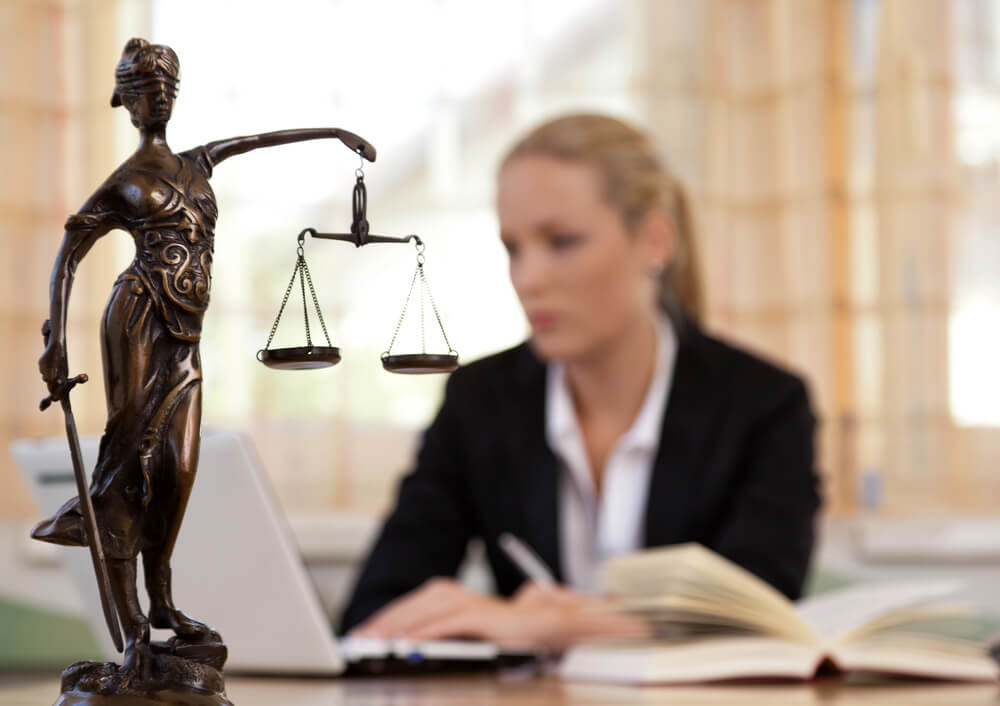 “What are the three biggest mistakes lawyers make with regards to substance use before you see them, that puts their license at risk?” This is one of the questions that author Brian Cuban asked Michael Cohen, director of the Florida Lawyers Assistance Program and long-time advocate for lawyers and law students recovering from addiction, for his book “Redemption.”
“What are the three biggest mistakes lawyers make with regards to substance use before you see them, that puts their license at risk?” This is one of the questions that author Brian Cuban asked Michael Cohen, director of the Florida Lawyers Assistance Program and long-time advocate for lawyers and law students recovering from addiction, for his book “Redemption.”
Cohen passed last month, and to honor his passing, Cuban ran the interview on AbovetheLaw.com. Here’s a summary. Take a look; hopefully his responses will help you or a lawyer who you love avoid these missteps and get help.
- Refusing to admit to yourself that there’s a problem. Sound familiar? Many professionals in recovery tend to blame other factors for consequences of their substance use, says Cohen, like “my partners/the judge were too harsh or my spouse doesn’t understand the pressure I’m under.” And they only admit to a problem after consequences are undeniable (arrest, bar complaint, report from a judge), he adds.
- Thinking you can handle it yourself. “We are taught from day one in law school that we should be able to out-think, out-argue, and out-reason any problem…this attitude when applied to a substance use disorder is disastrous,” says Cohen. “We have no frame of reference for dealing with a deadly medical condition — it would be like saying, ‘Yup, I have this lump growing in my chest, but I should be able to use my legal skills to deal with it.'” What’s more, he continues, lawyers are struggling with the stigma of addiction and the idea that “addiction is an issue of willpower that can be overcome by our legal acumen.”
- Refusing or postponing asking for help. Once again, stigma and a belief in their own abilities can prevent many lawyers from reaching out for help, even if they’ve admitted to having a problem, says Cohen. This refusal can also stem from the fear that by contacting a lawyer assistance program, they’ll be exposing their situation to the Bar and other lawyers, “which is not the case,” says Cohen.
Getting Addiction Help
If you think you have a drinking problem, there’s no shame in getting help. Providence Treatment prides itself on being a supportive and effective rehab for professionals, including lawyers. To learn more, call









